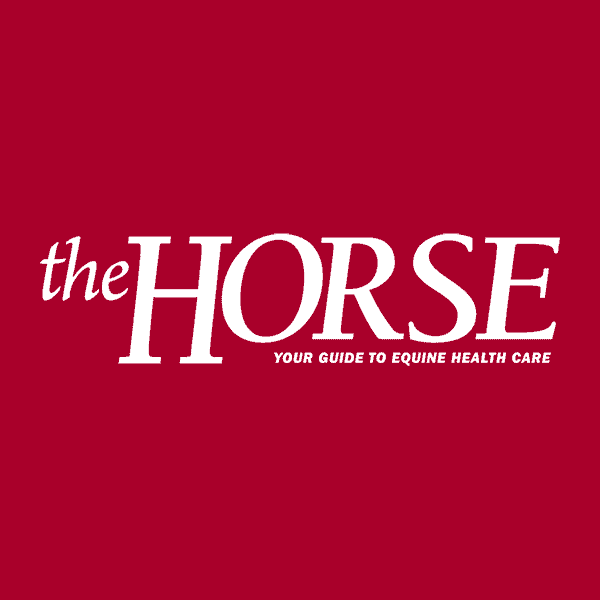AAEP Convention: Respiratory Problems
INFLUENZA
“Diseases like flu and herpesvirus are always going to be problems for horse owners, and they are not going away,” said Tom Chambers, PhD, of the University of Kentucky’s Gluck Equine Research Center. “The secret to effective vaccines for flu is effective surveillance,” which allows researchers and vaccine manufactures to stay abreast of
- Topics: Article
INFLUENZA
“Diseases like flu and herpesvirus are always going to be problems for horse owners, and they are not going away,” said Tom Chambers, PhD, of the University of Kentucky’s Gluck Equine Research Center. “The secret to effective vaccines for flu is effective surveillance,” which allows researchers and vaccine manufactures to stay abreast of which strains are causing illness.
Chambers heads one of the three world-wide OIE (Office International des Epizooties) reference laboratories for equine influenza. (OIE is the international advisory body that establishes guidelines and standards for animal health testing, monitoring, and trade. It also collects and disseminates information on occurrence and treatment of animal diseases.) The others are headed by Dr. Jenny Mumford of the Animal Health Trust in England and Dr. Werner Eichhorn in Germany. A meeting on influenza was held in conjunction with the convention
Create a free account with TheHorse.com to view this content.
TheHorse.com is home to thousands of free articles about horse health care. In order to access some of our exclusive free content, you must be signed into TheHorse.com.
Start your free account today!
Already have an account?
and continue reading.

Written by:
The Horse Staff
Related Articles
Stay on top of the most recent Horse Health news with












